PARTICIPANTS
We are happy to present you the Transcultural Collaboration participants of 2023, connecting students from eight countries and several different Art Schools. To give you a chance to get to know the participants better, we asked them to talk to us about their motivations, their passion for collaboration, their concerns regarding their artistic practice and about what makes them feel safe.
When do you feel safe to create?
HO Tsz Long Lucy: My work aesthetic is based on doing something meaningless in response to the Nobodies in society. Nobody who is always being ignored by society. At the same time those Nobodies make up a crucial part of society, they contribute the most but stay invisible, without their contributions being properly acknowledged and valued. Through my meaningless actions I try to raise awareness for Nobody, communicating that their effort is important and valuable to me. Trying to make them feel loved.


What motivates you for your work?
SAHA Aparupa: What motivates me to work is to find a space for myself in which I can connect with my feelings. Seeing how they fit in the emotional fabric of my surroundings. And I feel safe to create when I find conviction in my idea. When I gave my feelings a shape, independently of whether they fit a certain narrative or not.
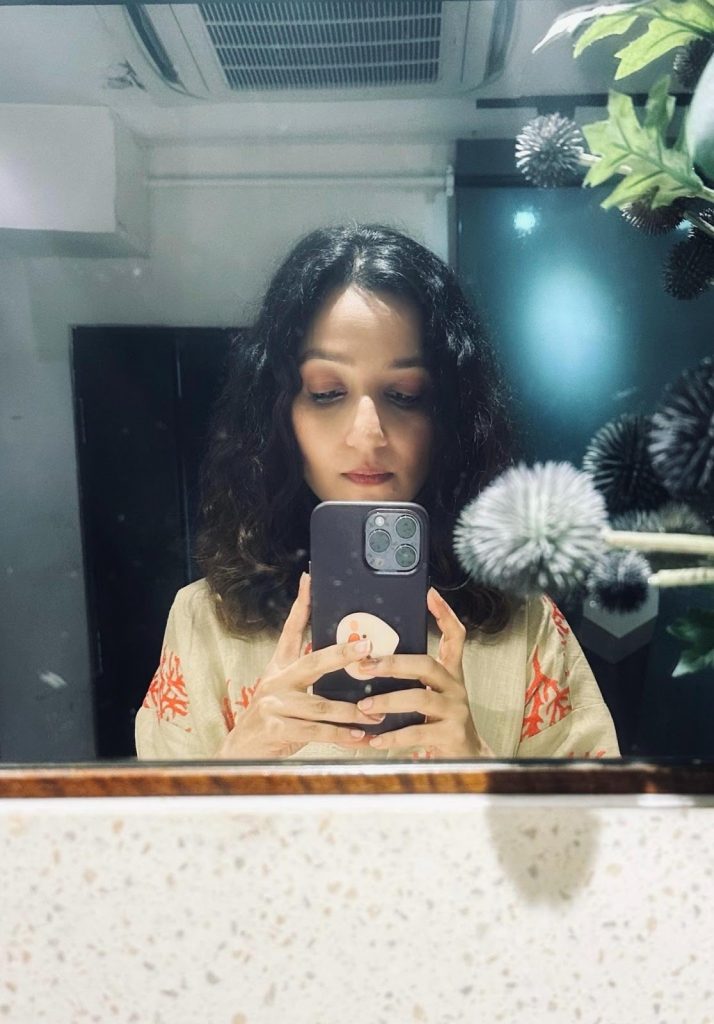
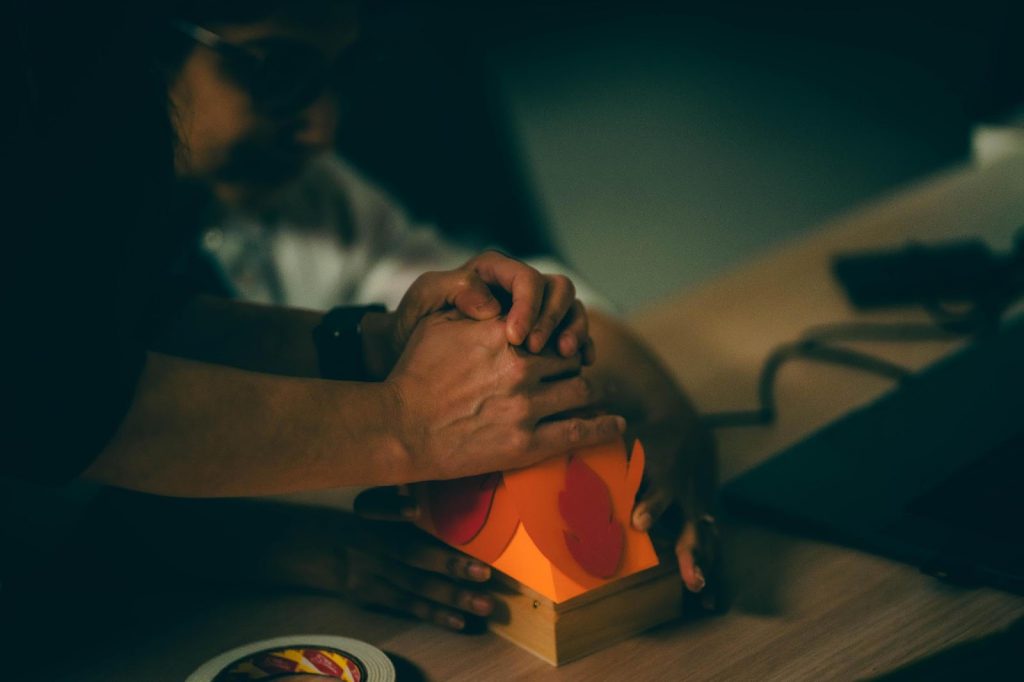
What motivates you for your work?
SCHERER Piero: I mostly like to focus more on the process than on the output, and my strongest driver is my curiosity in exploring new methods and techniques to create my own aesthetics in sound. My research process happens mostly with people since I work in collaborations most of the time. Therefore there are always those different kinds of outputs that are unpredictable in the beginning and that push me further in my work.
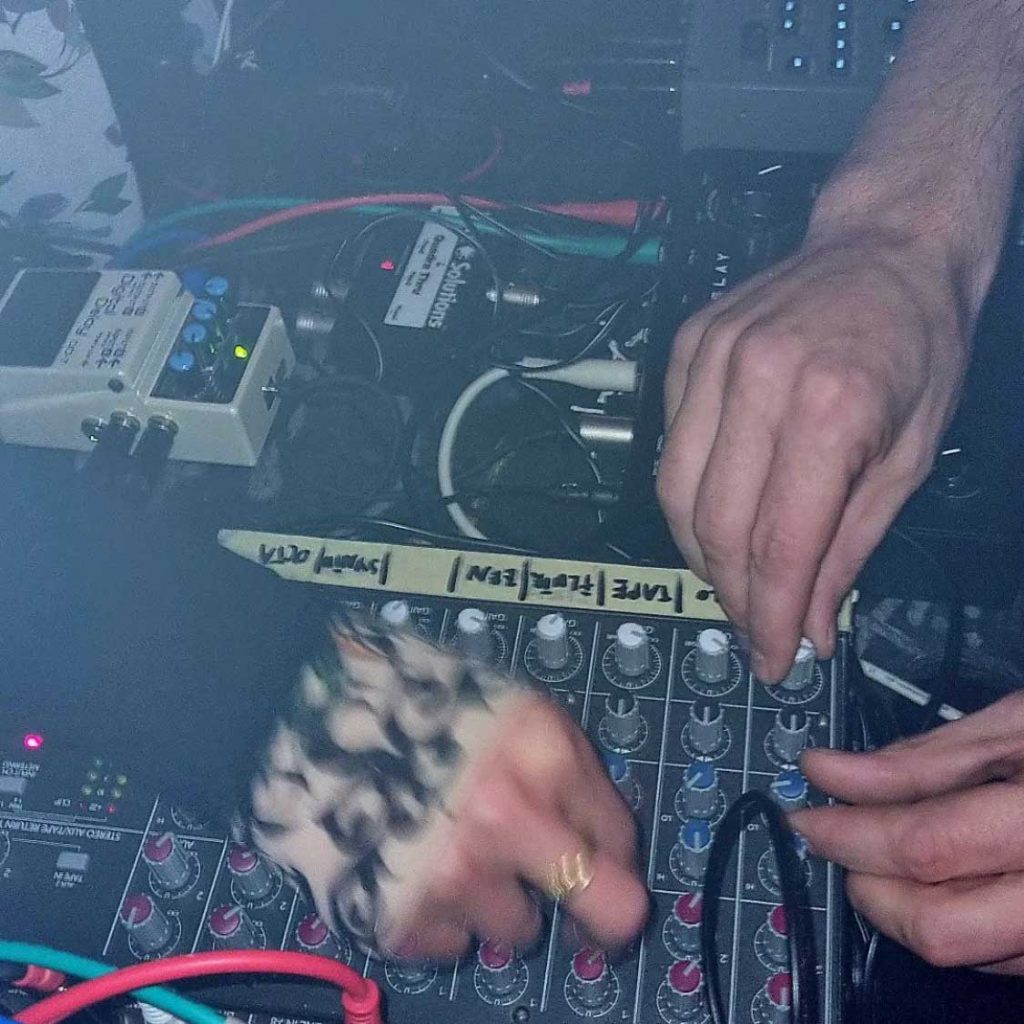
What motivates you for your work?
NAEGLI Matthias: I am motivated by experiences and trying to make experiences accessible to other people. I have this dichotomy in my working process. I either like to work with a very strong concept and figure out how to realize it or I play around and possibly find a concept in there. Collaborations further motivate me. It’s hard for me to work alone but if I have people around me that are inspiring or motivating, I feel motivated as well.


How do you experience collaborative working?
BARTON Leo: Coming from a background in film, game design and multimedia collaboration is essential. I always find it very beautiful to see that other people can bring really elaborate and intricate ideas to the project in a way that I could never do myself. I learn a lot from those collaborations. Asking a musician to compose for a game might change my perception of the game. But collaboration is not always easy, because you want to hold onto your thing.


How do you experience collaborative working?
王悉杰 WANG Xi Jie: Coming from a fine arts background, which is very self-directed, collaborating in Zurich was a new experience for me. Working alone you see the vision in your head and try to realize it according to it. In the group you need to have a shared vision, but you are not always sure if you are talking about the same thing. Therefore, for me it was this willingness and motivation to give up control when collaborating and acknowledging the two sides of the coin. To work towards a more democratic and open process and letting possibilities grow in a very organic way. To give a chance to chance. I have always been interested in the idea of labor, many hands coming together to build something, to acknowledge the presence of each other.


How do you experience collaborative working?
OELSCHLÄGER Martha: For me, the special thing about a team is precisely the collaboration and the resulting multi-perspective. One of my favourite statements is: “I’ve never thought about it that way before.” Through trust, respect and tolerance of the different points of view, everyone involved in a team can contribute, rely on each other and are valued in their individual abilities. I mean, how amazing is it, when other people feel like doing the tasks I don’t want to do – Very amazing!


When do you feel safe to create?
BÄUCKER Laris: Actually, I am looking right now for spaces to create in safety. Flow often comes to me when I am not looking or trying to control myself, you could say when I allow myself to let go (snowcrystalprinces howling in the distant mountains) and it is not easy. Wether creating alone or in collaboration the struggle persists, but I am looking forward to learning together with my peers how to find spaces that allow creation, failure and transformation.


How do you experience collaborative working?
DITTLI Leonie: I experience collaborative working as something that challenges me, moves me forward and brings me joy. I find that the many discussions and decisions we make when collaborating gives me confidence in myself and my work. At the same time it also forces me to question my practice as an individual and in a collective. But it is precisely out of this ambivalence between the joy and the uncertainty, that my curiosity arises.


When do you feel safe to create?
FREY Ray: I’m a thinker and planner at heart. I feel safest, when I have a clear concept which I can work with and that allows me to dive into creative exploration. Or exploratory creativity? But I also want to challenge myself, breaking free of this habit and finding ways to feel more secure in creating towards the unknown,focussing more on the process itself.


What motivates you for your work?
胡冠潁 HU Guan-Ying: I always write down my ideas when they come to me, whether they’re random thoughts or inspired by life experiences. Most of my motivation comes from my diary and my connection with nature.


What motivates you for your work?
VAN DER DONK Vincent: I try to have confidence in what I am doing. In the forms I produce. Feeling joy. Reproducing things I see, I feel, I collect. Things that I am interested in and which by digesting take other forms. Seriousness in joy. And joy in seriousness. Playground. The ununderstandable is promising and mostly everywhere. But not everything is unclear. How to formulate ? Language? Learn to speak.. Love ? .. death is for sure. Whom do I owe responsibilities? Nobody? Some people. Many or everybody? I try to take my responsibilities… Am I safe ? Are you ? Life is a permanent threat! Everywhere all the time!


What motivates you for your work?
ESTRADA Jamira: At the moment my work is inspired by the unfamiliar, a fascination with constant change, and a passion for transformation. I resort to reading, shaping sound and exploring acoustic phenomena. It thrives on disorder and a desire for genuine, honest and intimate expression through my music.


What motivates you for your work?
楊愛德 Ai-De YANG: For me…life is a constant tryout. We all have an inner desire to create something. Therefore it’s about finding out how we can let contentment and ambition coexist.


What do you perceive as the biggest challenge in your artistic practice?
何浩文 HO ho man: For now, self-discipline will be perceived as the biggest challenge in my artistic practice. Sometimes I over-rely on sudden inspiration, instead of regular practice, which I think is important to keep creative flows running and to improve practical skills. I would say that self-discipline and time management go hand in hand since they rely on proper time distribution.


When do you feel safe to create?
酒々井千里 Senri SUZUI: I sometimes hide my works. I think I hide my works when I want to show them but cannot bear to show them as they are. I also think I hide my works because I want to distance myself from it. I honestly don’t know if I feel safe at that time.


What motivates you for your work?
DEL CONTE Christian: My latest work “Tales For Loved Ones Vol.1” – a feature length album alongside music-videos and a documentary – was inspired and motivated by the people I love. Each piece on the album was written specifically for a person I love. My motivation was to connect the different kinds of people I value in my surroundings and to present my love for those people to a bigger audience. Part of the idea was to create a platform where people from different backgrounds can meet and exchange. Another source of motivation for my working is the inherent beauty of music itself, which manifests when I simply jam on the piano by myself or with friends.

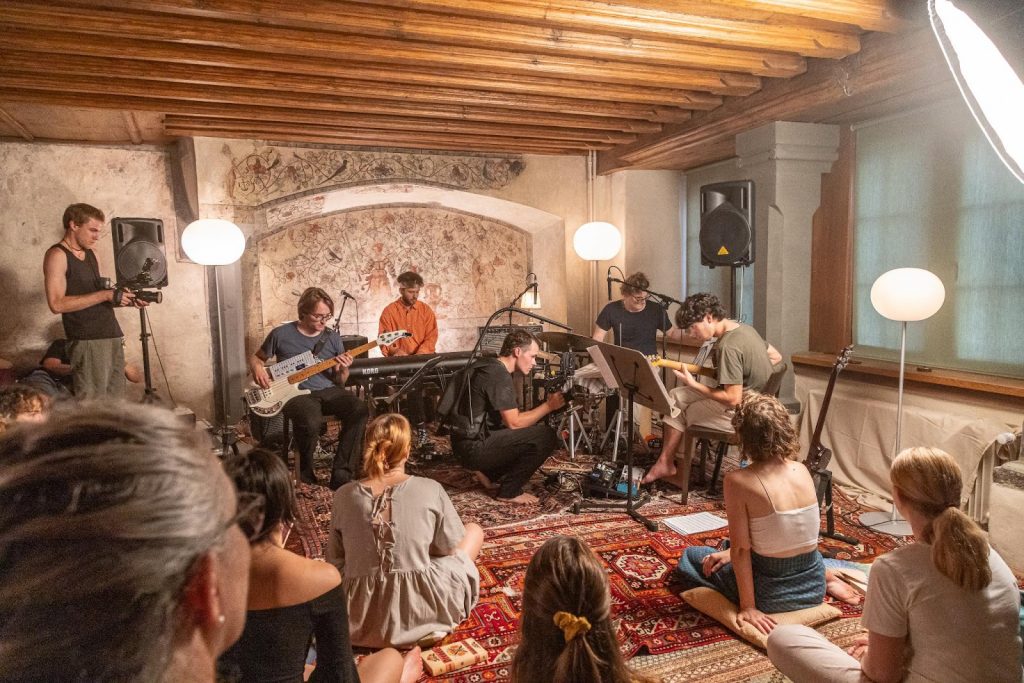
What motivates you for your work?
WANG Esme Chuyi:
I make art to explore the world around me. Through making art I learn what has happened to me in my life, and by expressing my thoughts through different mediums artistically, I build a connection back to the world. That makes me happy because I know that no matter how personal those ideas start from, they GO to people. And We are connected through my very honest attempt of sincere expression, a very abstract way of an open hug.


How do you experience collaborative working?
GRÄNICHER Lucia Salomé: Collaboration is an imminent part of my practice at the intersection of dramaturgical and curatorial spheres. The negotiation between different voices and the practice of building a structure in which each of those voices can find their space is essential to my work but can at the same time become its own struggle. Therefore I would describe my artistic approach as „made in process“.


What do you perceive as the biggest challenge in your artistic practice?
PHUONG Anh (PA): I do so I learn. How could I do things with you, the other? I walk so I live. How could I care for you, the other? I write so I breathe. How could I imagine your world, the other? I am a part of your body. Where is your home, the other?


What motivates you for your work?
PLATZ Larissa: I like to work with an open-mind in a caring environment, where different voices and positions are heard. Where absence can mean presence. Where silence doesn’t stand for voicelessness. Where difference is acknowledged and comes together. Where working together, nurturing and celebrating each other’s ideas can give you goosebumps. Where there is courage to deal with symbolically embattled zones.
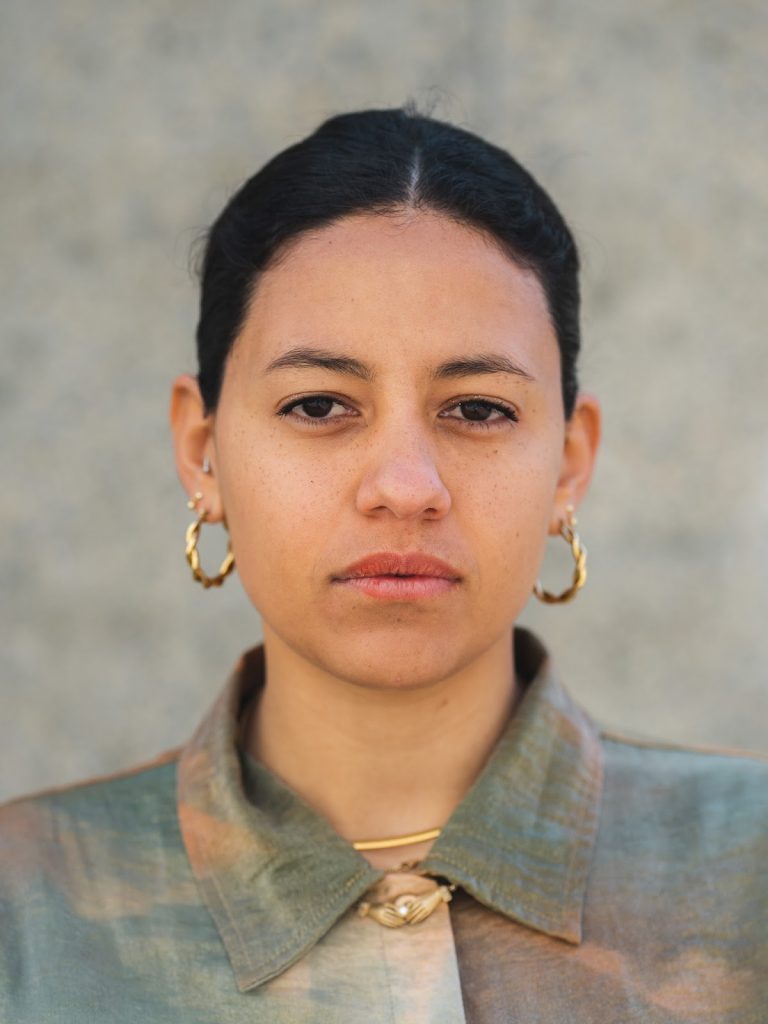

What motivates you for your work?
韩菁 Jing HAN: The unspeakable, the obscured reality and the unprivileged, these are the things that drive me to create. Theater is a place that evokes memory and perception, that recalls trauma, suffering and anger in the body of the actor, allowing the ghost of reality to haunt the audience. For most of my time working in the theater, it was this ghost that forced me to keep on working.


What motivates you for your work?
洪睿 HONG Rui: I’ve found out that I don’t like to create, meaning that I can’t start working solely from internal motivation. But when I witness events and incidents that happen all around the world, things that affect us, I feel compelled to do something, to say something. Those are the moments when I start creating.


What is the biggest challenge in your artistic practice?
NG Tak-Tsung: The work of an artist is a tool to connect with the audience.Effective communication necessitates ongoing and reciprocal engagement between the two parties. As an artist I must find a way to convey the message and capture the audience’s attention through my work, while also allowing room for interpretation by individuals from diverse backgrounds. The desire and search for the right balance always put me in a struggle.


